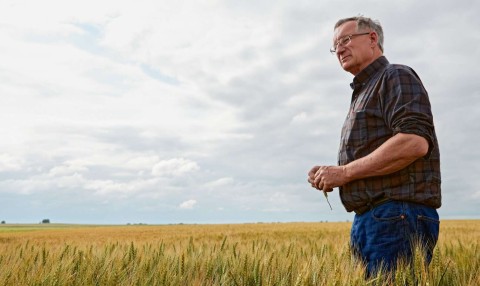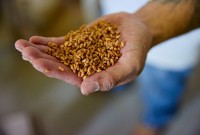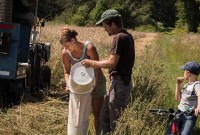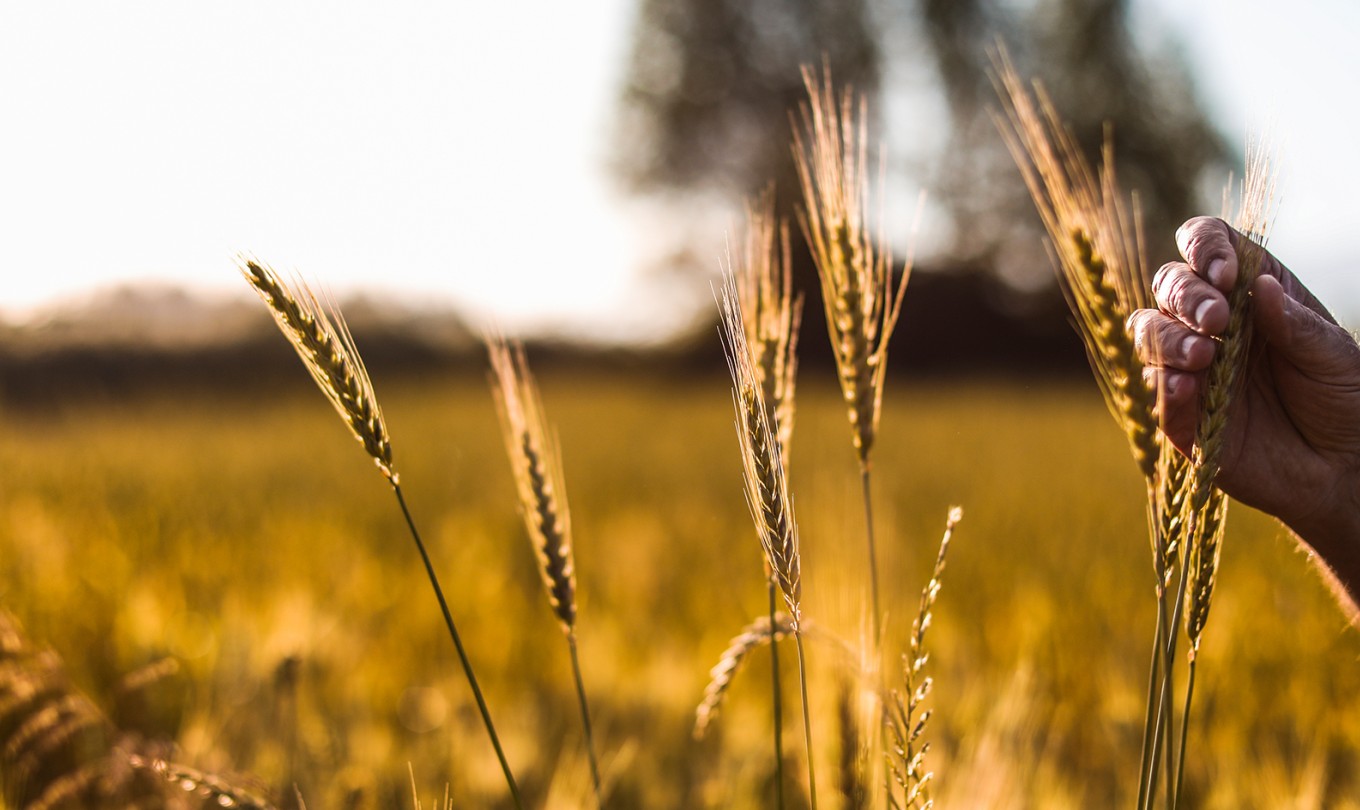
As bakers, we know that everything we put into our craft matters. But it goes much deeper than producing premium ingredients or creating thoughtful recipes. In fact, it stretches well beyond our walls. It includes making planet-forward, people-positive business decisions that benefit all of us, and all who will come after us. It includes listening, learning, growing. Bake after bake, day after day.
From pursuing regenerative farming practices to supporting historically underserved communities and so much more, we are committing ourselves to bettering the world of baking. And we invite everyone into the kitchen to join us. Because together, we'll let good rise.
Our Focus
Restore Nature
Restore, renew and enhance natural resources.
Build Equity
Create greater equity for all people and communities.
Give Back
Fund organizations that are working toward our shared goals.
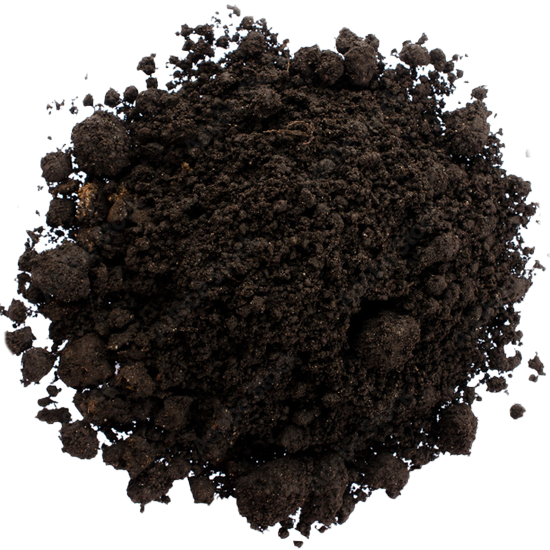
100% of annual CO2 emissions could be sequestered if all cropland and pasture were regenerative.
Regenerative agriculture is a systems-based approach to farming that builds soil health by supporting biodiversity above and below ground to return carbon and nutrients back to the soil.
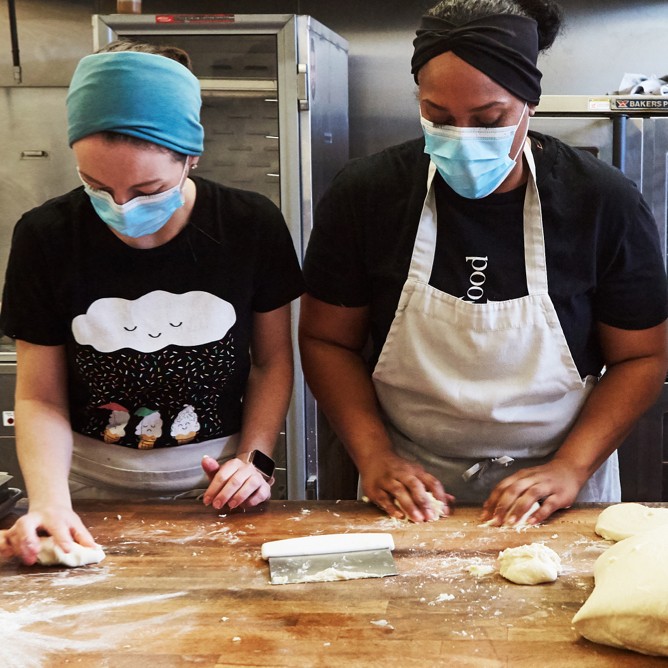
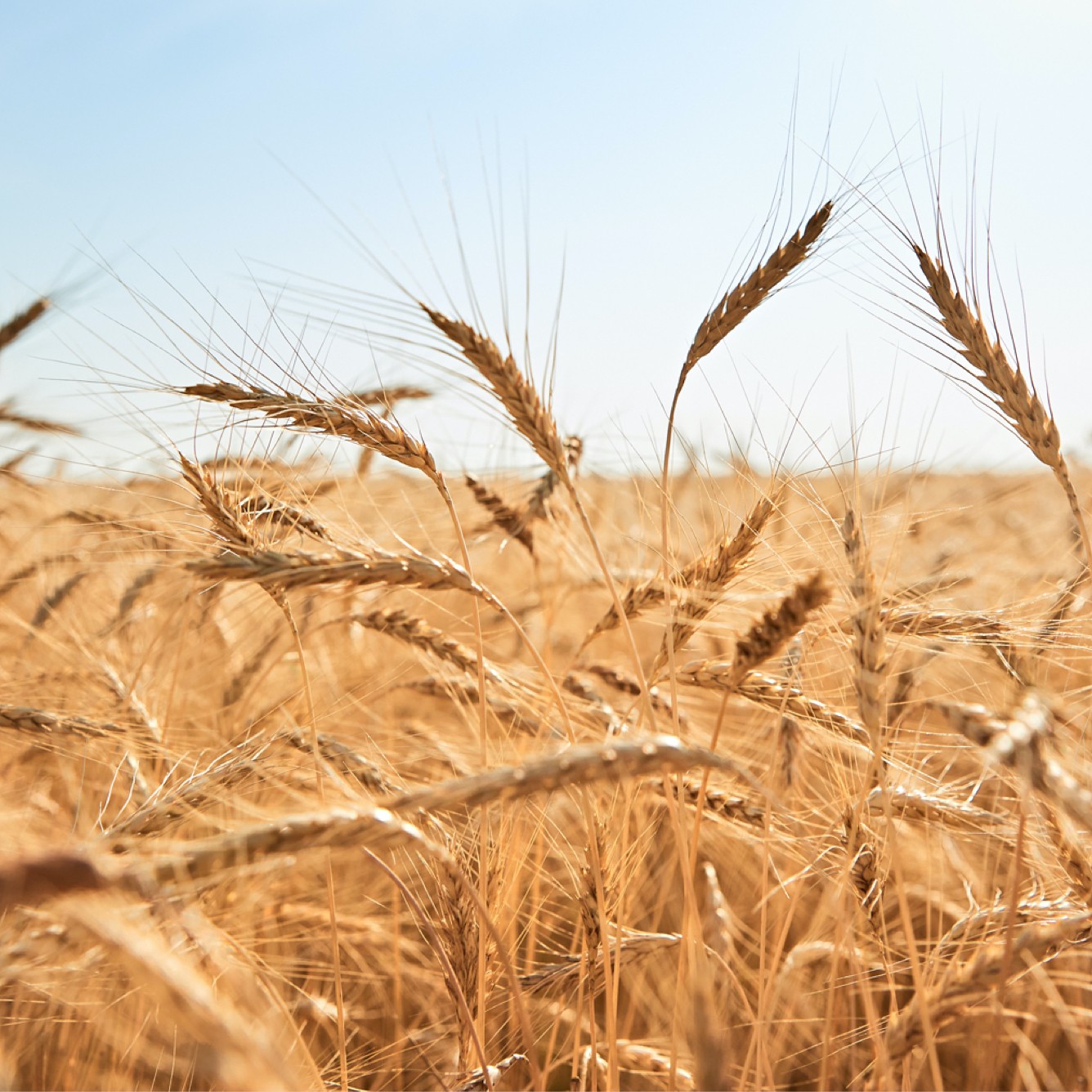
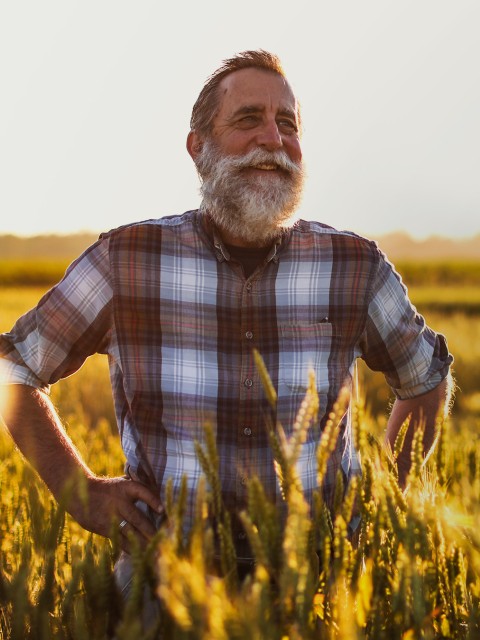

Grains like wheat, barley and rye are some of the cleanest crops to grow on the planet. They increase soil health while supplying human nutrition, which is rare.
From farms to kitchens, we’re on a mission to use the power of baking to restore nature and build a more equitable world.
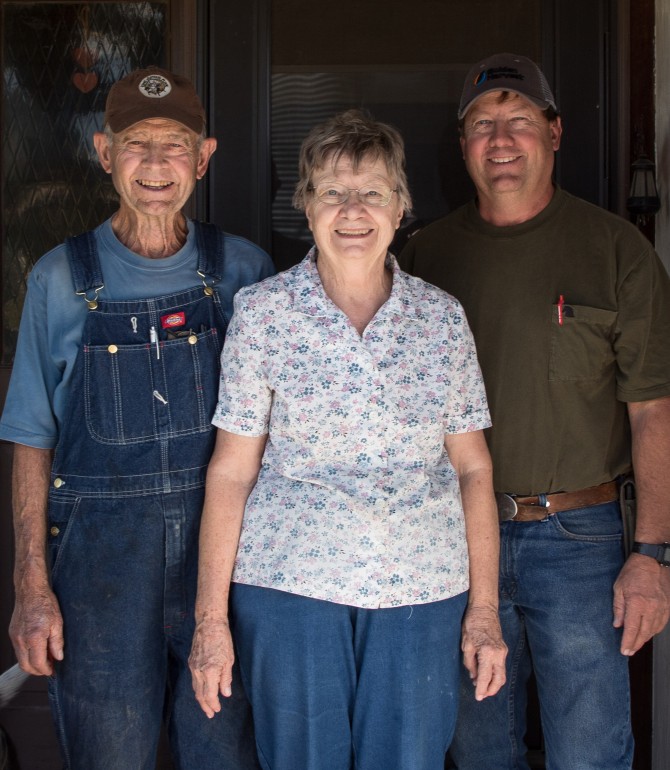
Where Our White Whole Wheat Flour Starts
Regenerative farming takes all kind of shapes. It can happen on organic farms or conventional farms, on tiny farms or massive farms. It can even take place on unirrigated farms, such as the one that grows King Arthur's White Whole Wheat.



